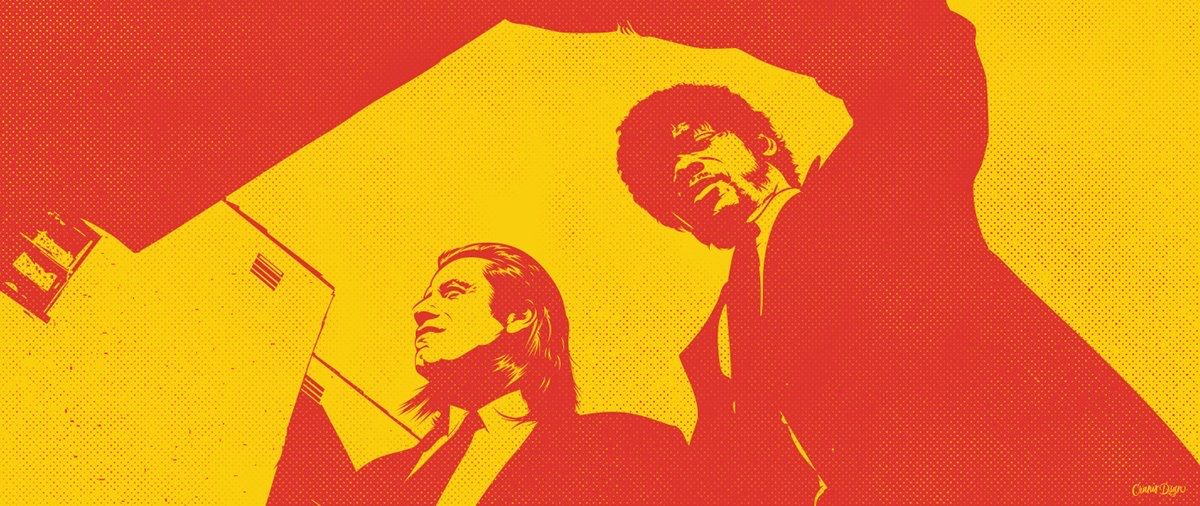Contempt a.k.a. Le Mepris is a 1963 movie directed by Jean-Luc Godard.

WHAT HAPPENS?
The marriage between a screenwriter and his wife falls apart during a trip to Italy.
ONE LINE REVIEW
Contempt is a stylish, lush, honest but bleak portrayal of damaged relationships.
THE ACTORS
Michel Piccoli and Brigitte Bardot play Paul and Camille, a young couple whose relationship craters during the production of an Odysseus movie. Piccoli portrays Paul in a sort of suspended state: he takes on a writing job in lush Capri solely for financial gain, which stifles his creativity – and he learns his wife doesn’t love him anymore. Piccoli conveys a continual dread and depression about his life – which is brilliantly contrasted by the immaculate beauty surrounding him.
Bardot assumes the role of Camille, who after meeting Jack Palance’s churlish Jeremy – the producer of the movie – senses the downfall of her own relationship. Bardot’s character is interesting given her rapid emotional fluctuations – she expertly conveys a heavy sadness throughout the movie. She assumes a female role familiar in many Godard works, yet she maintains an appealing grace and power.

Palance and German director Fritz Lang round out the cast. Palance is terrific playing Jeremy – a producer who despises the artistic nature of filmmaking. He is fixated only on the erotic appeal of art, which translates to his continued pursuit of Bardot’s Camille. Lang plays himself – only here he is the director resigned to the commercial limits placed on his art. His dialogue – which he patiently delivers – serves to endorse the truths of the auteur, rather than its system of delivery.
THE DIRECTOR
Godard and Raoul Coutard capture stunning images that soak up Capri’s natural beauty. This lush setting is an intriguing backdrop to frame Paul and Camille’s unraveling relationship. Similarly, the environment is spoiled by Jeremy’s ugly nature. It is his Capri villa where Paul and Camille self-destruct and Lang helms an unsatisfying work of art. Perhaps the movie’s most illustrative scene – and one of Godard/Coutard’s best – comes as an empty Piccoli flops down in the brilliant Italian sun, while his young wife takes a swim in blissful blue waters. It’s a gorgeous piece of cinematography that reveals each character is completely broken.

THE BEST – Art vs. Commerce
Godard delights in presenting this theme – Palance is introduced in front of a decaying theater as he gives a soliloquy on the decline of cinema. When talking to legendary director Lang, Palance’s Jeremy references Hercules vs. Toto. During a screening of Lang’s work, Jeremy is enthralled only by a scene of nudity. He later without irony claims to understand how ancient Gods felt. Through Palance, Godard delivers a savage attack on the arrogance and greed of the movie business. In Piccoli’s Paul, Godard chronicles the implications – albeit exaggerated – of making art solely for financial gain.
THE BEST Part Two – Bardot Gets to Satirize Herself
Bardot enters the movie with her baggage of fame, which Godard expertly subverts. Known as an international sex symbol, Godard frames Bardot’s body spread across a fur rug or sunbathing. He teases a sort of reveal that will never emerge – hilariously covering her butt with a novel. As the movie opens, her Camille and Paul lie in bed – she recites a list of her body parts, seeking her husband’s approval for each. It’s a fun twist to see Bardot challenge her own narrow image – including wearing a black wig (which her husband dislikes) and reciting a stream of curse words.

THE BEST Part Three – Jeremy the God
After seeing Lang’s movie, Palance’s Jeremy grows irate, childishly kicking over cans of reels. Playing on the God imagery presented throughout the movie, Palance’s Jeremy hilariously picks up a reel and prepares an epic disc throw. Along with his miniature book of philosophy, it’s a classic sendup of authority and ego.
THE BEST Part Four – Emotion
At times, the movie drags as Picolli and Bardot’s characters seem to repeat the same conversation. However, Bardot’s Camille finally offers a truth: “I hate you because you can’t make me feel.” I’m sure it’s not a coincidence as Piccoli’s character strays from his artistic endeavors that emotions are extinguished. Godard again makes the case for true expression in cinema rather than financial gain.

THE WORST – The Usual
The only emotion introduced into Paul and Camille’s dying relationship comes as they slap each other. While it’s more of the proverbial sign of the times – along with being Piccoli’s attempt to gain some type of response, it’s always jarring to see such behavior.
THE WORST Part Two – That Huge Plot Twist
To spare those who haven’t seen it, Godard shocks the audience. It’s certainly a jolt and an effective device – however, it also bails out the storyteller.
FOX FORCE FIVE RATING – 4.25/5
While the setting suggests otherwise, Contempt is an honest yet bleak study of failing relationships – both the personal and the divide between art and commerce. Yet, Godard’s subversive touches allow for a unique experience.
